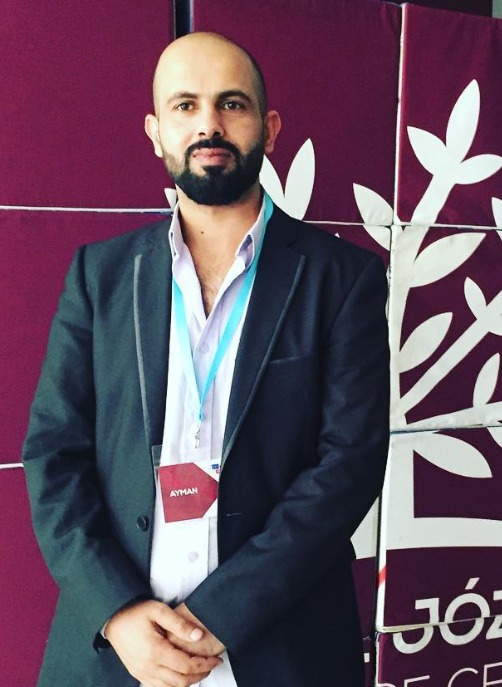Jordan is ranked second among countries with the lowest access to water and is expected to reach water insecurity by 2030. Within the country, the most water deprived communities live in the Northeast region of Mafraq’s Azraq Basin which is also home to approximately 120,000 resettled Syrian refugees that are dependent on water resources.
A new three-year program called the Global Center on Climate Change, Water, Energy, Food, and Health Systems, led by the University of California San Diego Herbert Wertheim School of Public Health and Human Longevity Science and supported by an international consortium of universities and community organizations, will address the impacts of climate change in the climate-vulnerable communities in the Azraq Basin.
“The Middle East is the front post or early warning of what a climate change crisis will look like. We need to act now through prevention and preparation to support the region to adapt to and for us to learn from it to prepare the most vulnerable communities locally and globally,” said Herbert Wertheim School of Public Health professor Wael Al-Delaimy, M.D., Ph.D., principal investigator of the Global Center on Climate Change, Water, Energy, Food, and Health Systems.
Funding by a $3.8 million National Institutes of Health (NIH) P20 grant, the program launched in mid-September with 30 scientists from UC San Diego, UC San Francisco, Texas A&M, University of Jordan, Hashemite University, The Royal Science Society in Jordan, and six Jordanian community organizations to target rural and refugee communities in the most water-deprived areas of Jordan. The program will address the four core elements of the NIH’s investment in climate health research: health effects research, health equity, intervention research, and training and capacity building.
Al-Delaimy is the director for the newly funded center as well the GeoHealth Hub and will be representing UC San Diego at the 2023 United Nations Climate Change Conference or Conference of the Parties of the UNFCCC, more commonly referred to as COP28, which for the first time has dedicated a day to address health impacts of climate change.
The Middle East is going to be the epicenter of the climate change health impacts due to being the most water scarce-region, the area with the highest records of extreme heat, extreme disparity between very poor and very affluent communities, and political instability among many of the region’s countries, said Al-Delaimy.
Jordan is one of the few politically stable countries in the region and is aggressively looking for solutions to the water crises and has created a high-profile governmental committee to develop policies that can address this crisis in the short and long term.
Climate Action Network (CAN) is a partner within this important center. CAN team very excited and grateful for this support from the NIH!. This project, no doubt, will help people of Jordan who are vulnerable for climate change and many health diseases.




